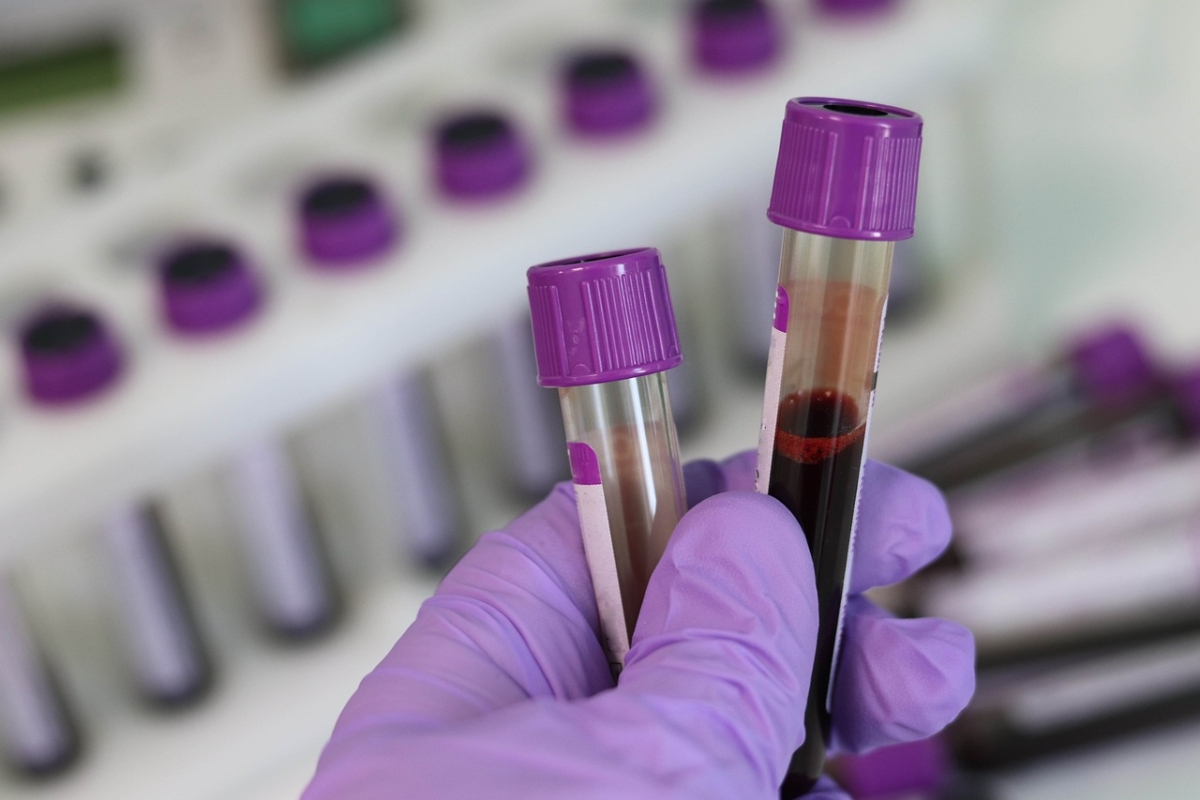
CDC updates privacy guidelines for HIV sample tracking
Guidelines relating to a controversial practice used by American state and local health departments to curb HIV infections were updated last week by the US Centres for Disease Control and Prevention – but have not gone far enough, believe some experts.
The guidelines track the genetic signatures of viruses collected from people newly diagnosed with HIV, and the updated policy encourages health officials to be more transparent about the process, one of many changes sought by HIV advocacy organisations concerned about how so-called molecular surveillance could violate patients’ privacy and civil rights.
The New York Times reports that the agency stopped short of adopting more significant changes some had been pushing for, like allowing health agencies to opt out in states where people can be prosecuted for transmitting HIV.
“We’re in a period where health data are increasingly used in criminal prosecutions, as seen in prosecutions of people seeking abortion care or who might have miscarried,” said Carmel Shachar, a professor at Harvard Law School who specialises in healthcare. The revised policy did not go far enough, she said, to protect people with HIV.
Dr Alexandra Oster, who leads the CDC’s molecular surveillance team, said the benefits of the programme far exceed the risks. “We need to do it well,” she said. “But we need to keep doing it.”
HIV has a distinctive genetic signature in each person that helps doctors decide which drugs are likely to thwart it. But the information can also be used to track its spread through a population – including identifying clusters of people who carry closely-related viruses.
The CDC has, for decades, used molecular surveillance to track flu, salmonella and, more recently, Covid. In 2018, it began requiring health departments that received federal funding for HIV programmes to share such data gleaned from people with the virus. Patients do not have to be informed that their viral samples are tracked.
Molecular surveillance has identified more than 500 HIV clusters in the country since 2016, the CDC said.
Health officials can then interview people in the clusters to identify their sexual or drug-use partners and connect them to testing, needle exchanges and medications that block transmission.
But many HIV activists have long argued that such tracking could violate people’s rights and discourage testing and treatment.
Before the information is reported to the CDC, health departments strip it of information that could readily identify the patient. But personal data are held by state and local health departments.
In some states, people have been prosecuted for transmitting HIV or for not telling their partners that they carry it. No criminal prosecution in the United States has been known to involve molecular surveillance data, but activists remain wary of the possibility.
They also fear that advances in technology might eventually be able to determine who infected a specific person. In October, 110 HIV and human-rights groups sent a letter to the CDC expressing “serious concerns” that molecular surveillance was carried out without the informed consent of people with HIV.
The CDC said that it had a meeting with the activist coalitions’ representatives last year and incorporated their input in the revised policy.
A similar conflict arose in the late 1990s, when the CDC pushed for states to collect names of diagnosed people in state-run databases, which the agency said would help combat a disease that by then had killed hundreds of thousands of Americans. But many activists protested the policy, delaying its rollout for a decade.
Since 2008, all states have collected the names of people diagnosed with HIV.
The CDC said the information is secure, and that it knew of only one names-related data breach – in Florida in 1996. It said it knew of no such privacy violations related to molecular surveillance data.
The new policy did not allow waivers for opting out of molecular surveillance in places where such data could be used in criminal proceedings, a change that had been recommended by the National Alliance of State and Territorial Aids Directors, a non-profit representing public health officers.
Representatives from more than 40 state or county health departments that the federal government prioritises for HIV prevention told The New York Times that the molecular surveillance policy had been generally useful in their efforts to prevent transmission. None knew of any data breaches.








